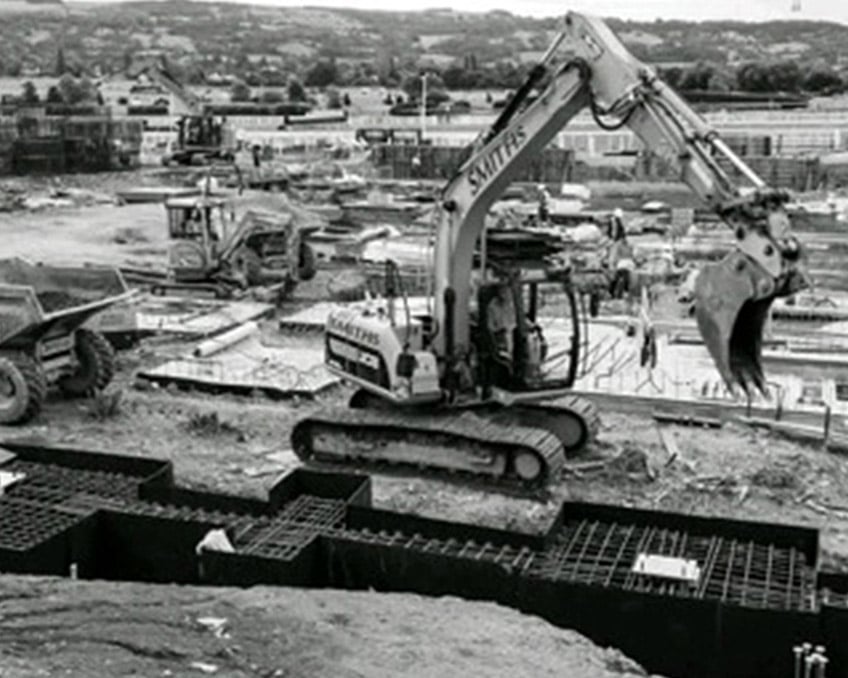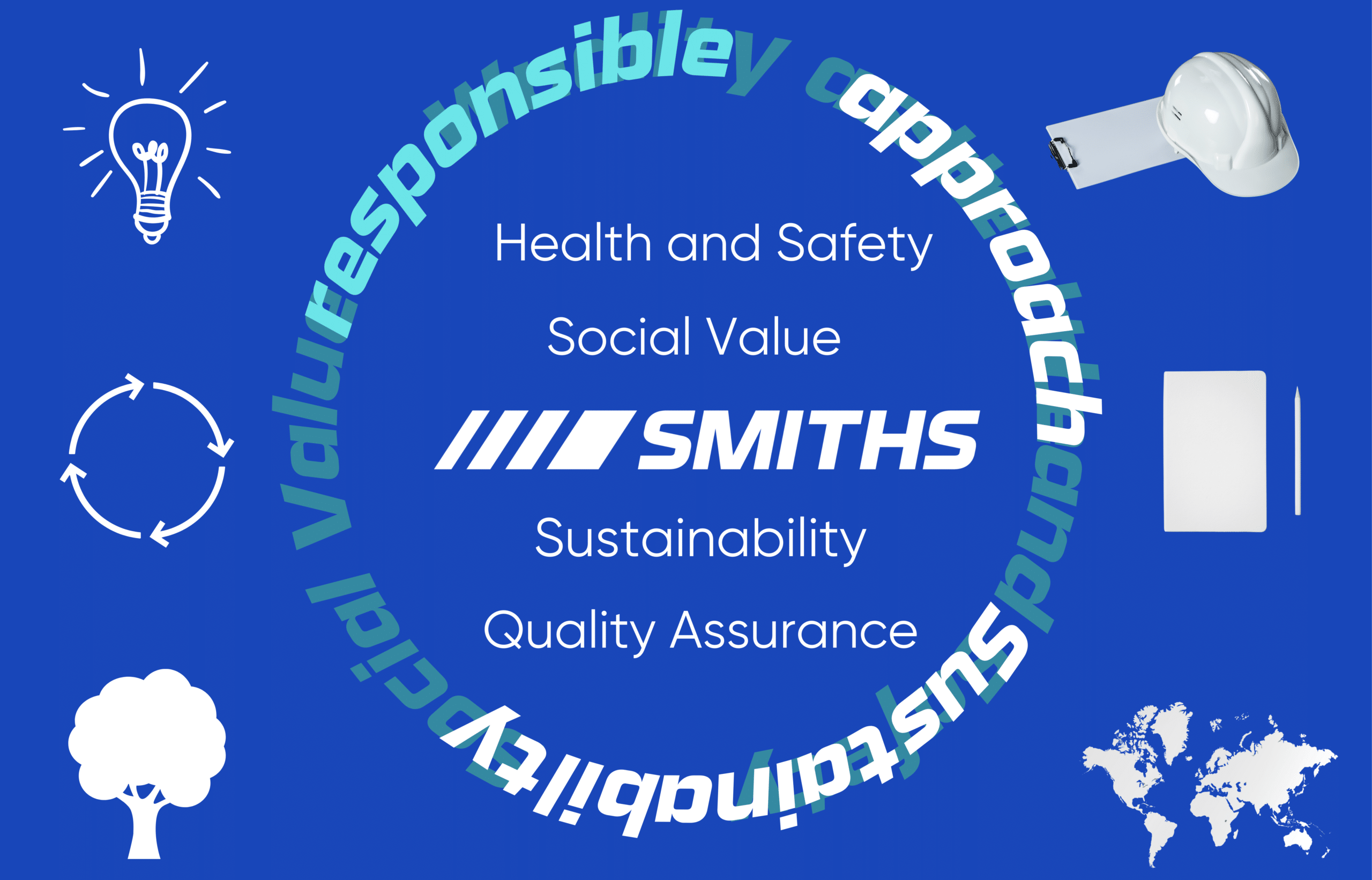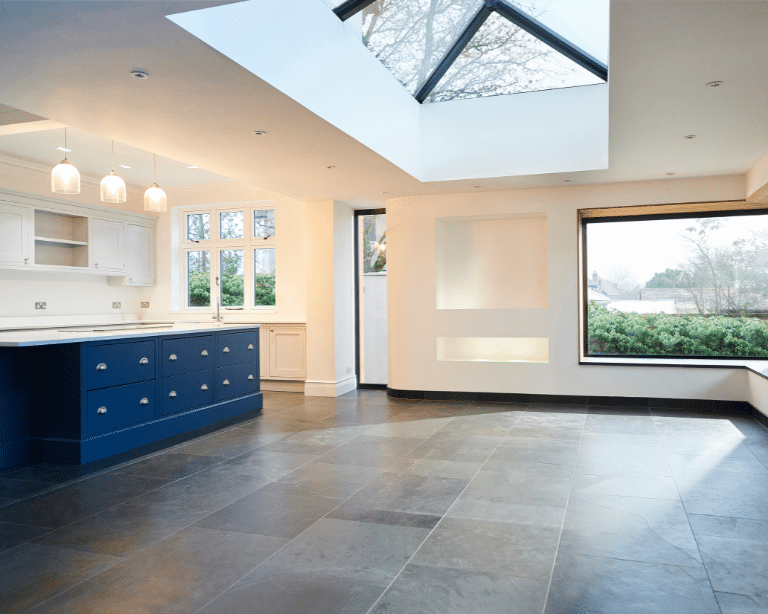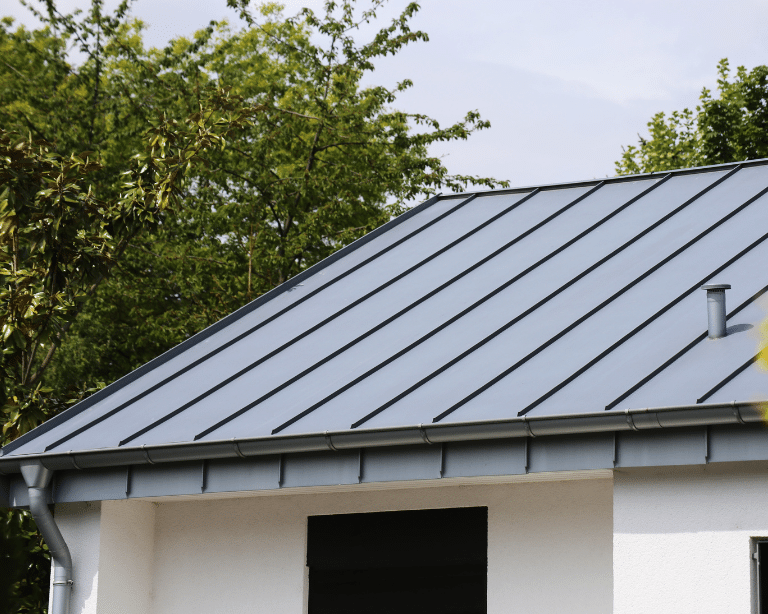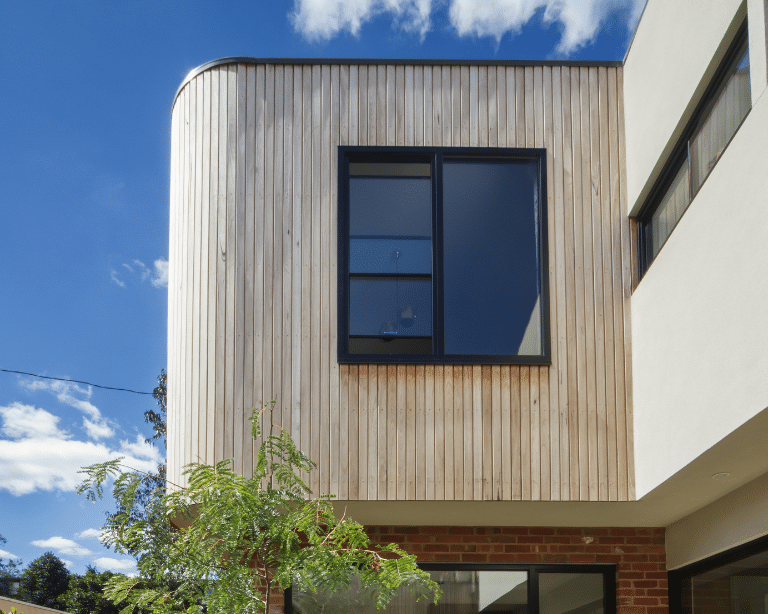
Autumn/Winter Reno Winners: Dehumidifiers
Why Every UK Home Renovator Needs a Dehumidifier This Winter.
Don’t let cold, damp conditions derail your renovation plans. Dehumidifiers have become essential kit for DIY enthusiasts and professional renovators alike, accelerating drying times, protecting materials, and preventing costly mould damage during Britain’s wettest months.
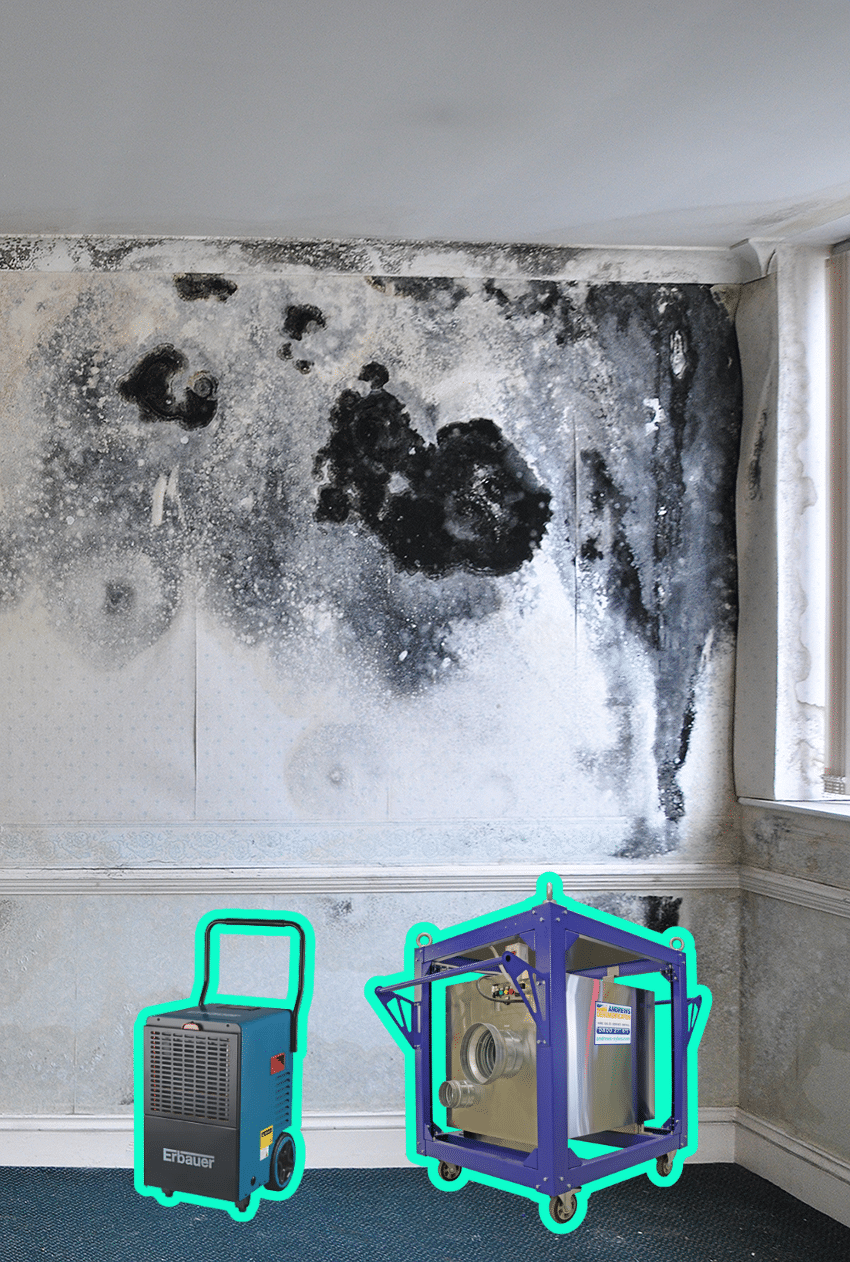
Why Do Home Renovators Need a Dehumidifier?
- Dehumidifiers significantly shorten drying time for materials like paint, plaster, and concrete, leading to quicker project completion and improved efficiency. By getting spaces dry faster, you reduce the time workers spend on the job, potentially lowering labour costs whilst keeping your renovation on schedule.
- Protect your investment. Excess moisture causes wood to warp and swell, leading to sticking doors and buckled floors. High humidity can cause paint to peel or bubble, damaging new and existing finishes. In older homes, trapped moisture can weaken structural integrity over time. A dehumidifier maintains stable humidity levels to prevent all these issues.
- Prevent mould and mildew. By lowering humidity to between 30% and 50%, dehumidifiers create conditions where mould can’t thrive, establishing a healthier environment and reducing the need for future remediation. They also eliminate the musty odours associated with dampness that can linger even after cleaning.
Dehumidifier Basics: How They Work
- A dehumidifier processes damp air, dries it, and pushes it back into the room. How it extracts water depends on the type.
- Desiccant dehumidifiers use an inbuilt fan to draw moist air over a desiccant wheel where moisture is absorbed by a silica gel surface. Before expelling the dry air, it warms slightly, helping regenerate the desiccant material. This warm, dry air is then released back into the room.
- Compressor dehumidifiers pull damp air over refrigerated coils, similar to your kitchen fridge. These coils condense the air, creating water droplets that drip into a tank before moisture-free air is expelled. The key difference is that desiccant models release slightly warmer air, offering the additional benefit of increasing room temperature.

Choosing Your Dehumidifier: Types and Sizes
Your choice between desiccant and compressor models depends on room temperature and running budget.
Compressor dehumidifiers are more readily available, with lower purchase prices and cheaper running costs. They’re perfect for most rooms but less efficient in spaces below 10 degrees celsius, making them unsuitable for garages or cold basements. They tend to be bulkier, heavier, and noisier than desiccant alternatives.
Desiccant dehumidifiers excel at removing large amounts of moisture, making them ideal for particularly damp environments and cooler rooms. They work well at all temperatures, operate more quietly, and are lightweight for improved portability. However, they consume more energy and are more expensive to run, though their efficiency means they extract higher water volumes in shorter timeframes.
Rent or Buy?
For short-term projects, renting offers flexibility without the upfront investment. However, if you’re undertaking multiple renovations or need ongoing moisture control, purchasing a dehumidifier becomes more cost-effective. Consider your project timeline, budget, and whether you’ll need the equipment beyond the current renovation before making your decision.
Home Renovation Inspiration
Celebrating and elevating home renovation across Gloucestershire and the Cotswolds. Share your stories with us to feature them here and on our Get Ready to Reno social.
Disclaimer: We accept no liability for any damage, injury, or structural issues that may Disclaimer: This article is provided for general informational purposes only. Whilst we strive to provide accurate and helpful guidance, we accept no liability for any loss, damage, or injury arising from the use of dehumidifiers or the implementation of any advice contained herein. Always follow manufacturer instructions, observe relevant safety guidelines, and consult qualified professionals where appropriate. Users undertake renovation work at their own risk.
Call us about home renovation
Tried and trusted for over 40 years. We’re your complete home renovation and partner.
- 01453 822 227 Gloucestershire
- 02920 707 707 Wales
- 0117 982 5558 Bristol

